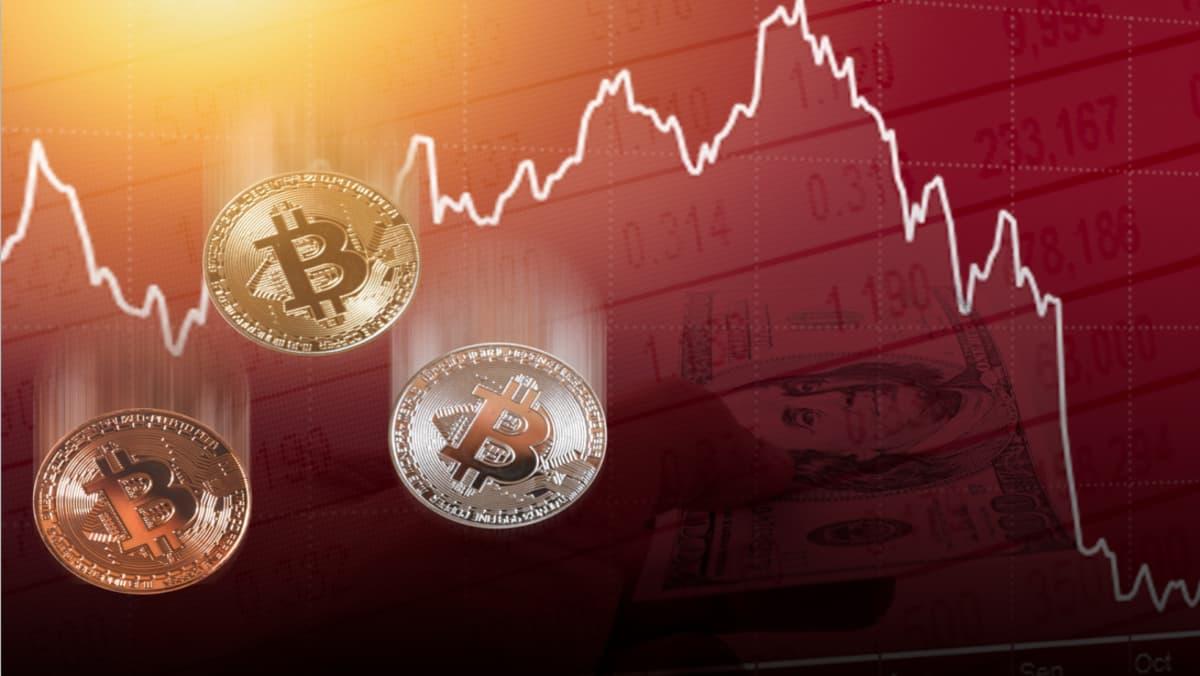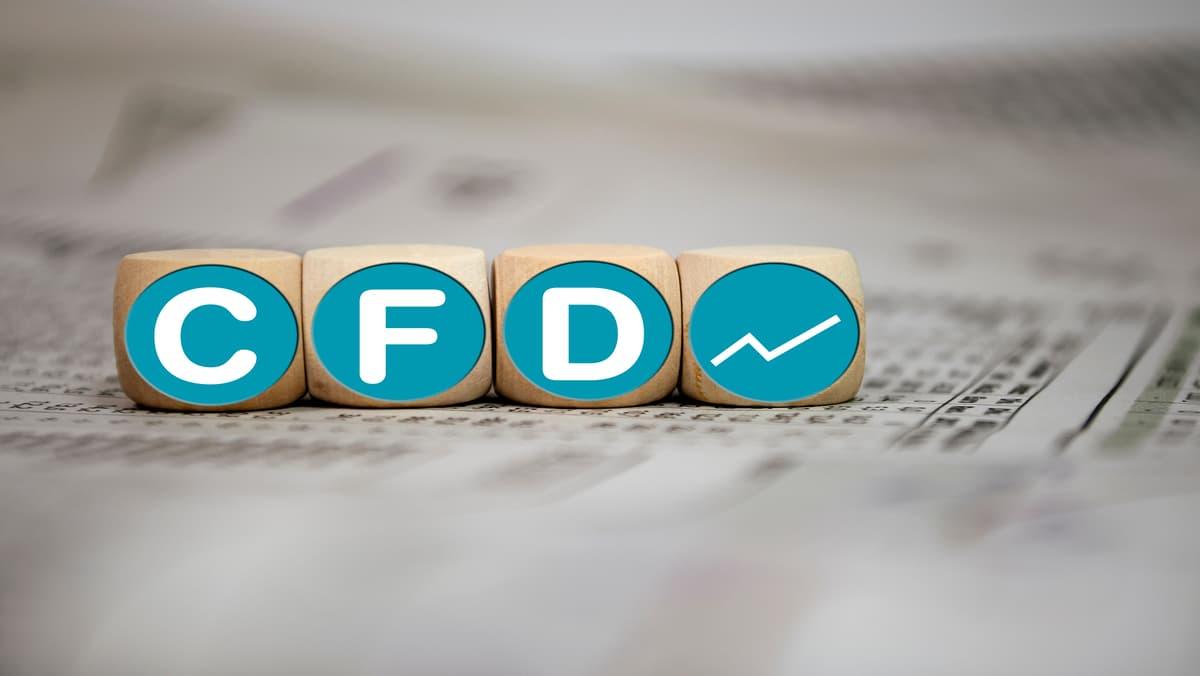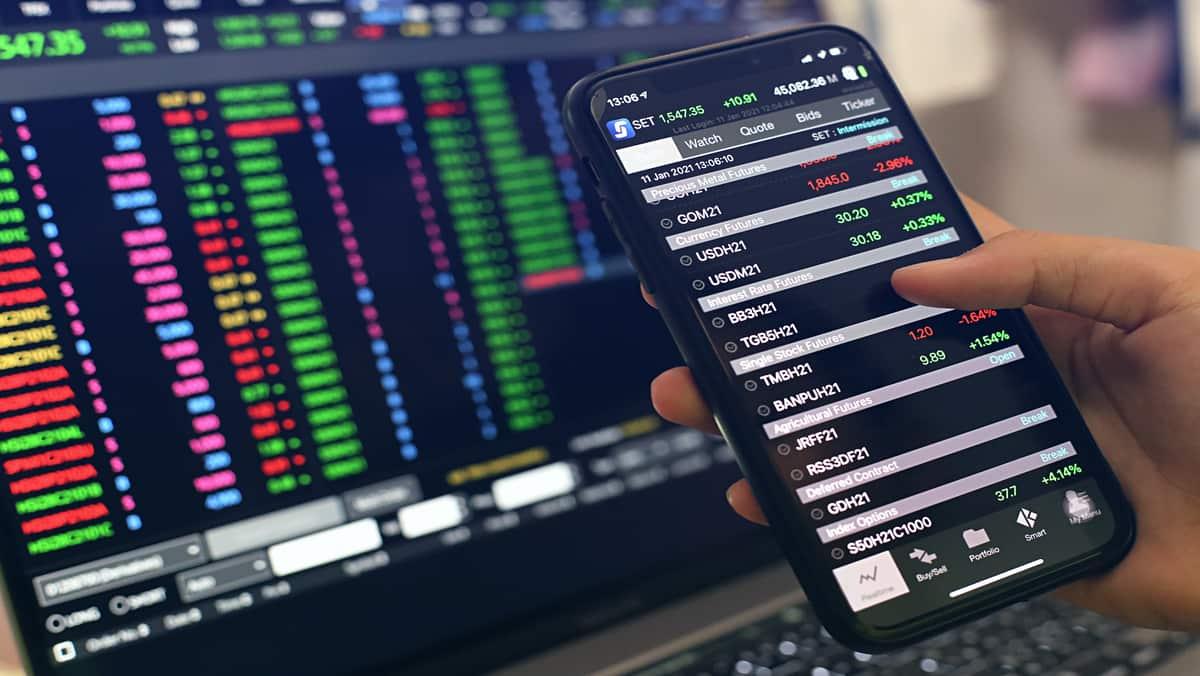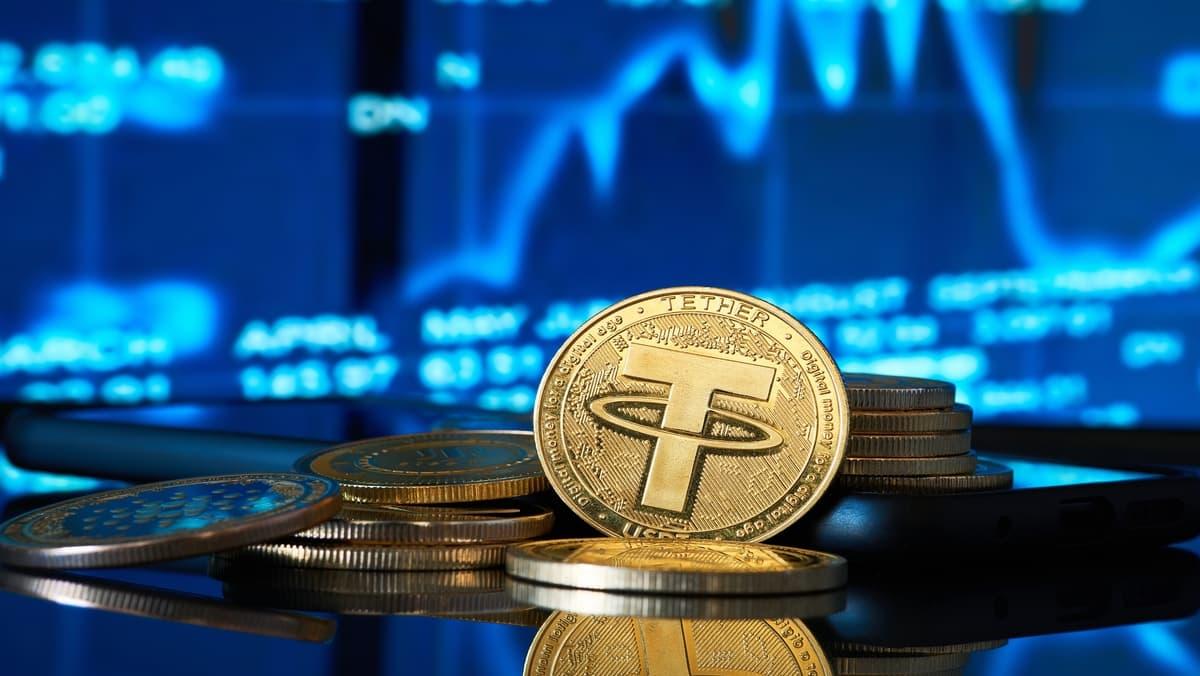This article examines the challenges facing the independence of the U.S. Federal Reserve, focusing on controversial presidential appointments and limited congressional oversight, raising questions about the future of monetary policy.
Emmanuel Roman, CEO of PIMCO, warns about the impact of Trump's tariffs on US equities, while highlighting significant opportunities in data center financing, particularly given their energy demands.
A new report reveals central banks and ETFs as major forces driving gold prices to record highs, while jewelry demand plays a counterbalancing role.
An analysis of the Fed's rate cut strategy and its potential to address job market challenges, considering the effects of tariffs, rising costs, and access to capital.
Despite recession fears, the US economy shows signs of strength, fueled by robust consumer spending. However, weaknesses in the housing market and disparities in consumer spending remain concerns.
American households' stock ownership has reached unprecedented levels, prompting questions about financial stability in the event of a market correction.

NIO stock prediction: NIO Inc., a prominent electric vehicle (EV) manufacturer based in China, has been a focal point in the growing EV market.

BTC Price Predictions: Bitcoin (BTC) has long been the flagship cryptocurrency, capturing the attention of traders, investors, and the media alike.

MLTX stock soars 9% today: The stock market is often a reflection of various factors including company performance, market trends, and investor sentiment.

Advanced Trading Platform for CFDs: The world of trading has evolved significantly, and the rise of CFDs has made it easier for traders to speculate on price movements across various asset classes, including stocks, commodities, and cryptocurrencies.

GE Stock Forecast: General Electric Co. (GE) has been a cornerstone of American industry for over a century.

Most Traded Cryptos Today: The cryptocurrency market remains one of the most vibrant and volatile sectors in finance.
Trump's proposal to impose a 100% tariff on foreign films raises questions about the future of the global film industry and its impact on co-productions and international markets.
The Buffett Indicator, a measure of stock market valuation, has reached record highs, raising concerns about overvalued markets. While some argue the indicator is outdated, it remains a significant tool for investors.
The Trump administration is encountering difficulties in persuading South Korea and Japan to implement significant investment pledges, raising questions about the future of trade and economic relations between these nations.

Active Stocks in Saudi Arabia: The Saudi Arabian stock market, known as the Tadawul, has been a focal point for both local and international traders.

How to Trade AI Stock CFDs in the Middle East: Artificial Intelligence (AI) has emerged as a transformative force across various industries, attracting the attention of traders and businesses alike.

CFD Trading Brokers in Saudi Arabia: The rise of Contract for Difference (CFD) trading has transformed the financial landscape, allowing traders in Saudi Arabia and beyond to speculate on the price movements of various assets without owning them outright.